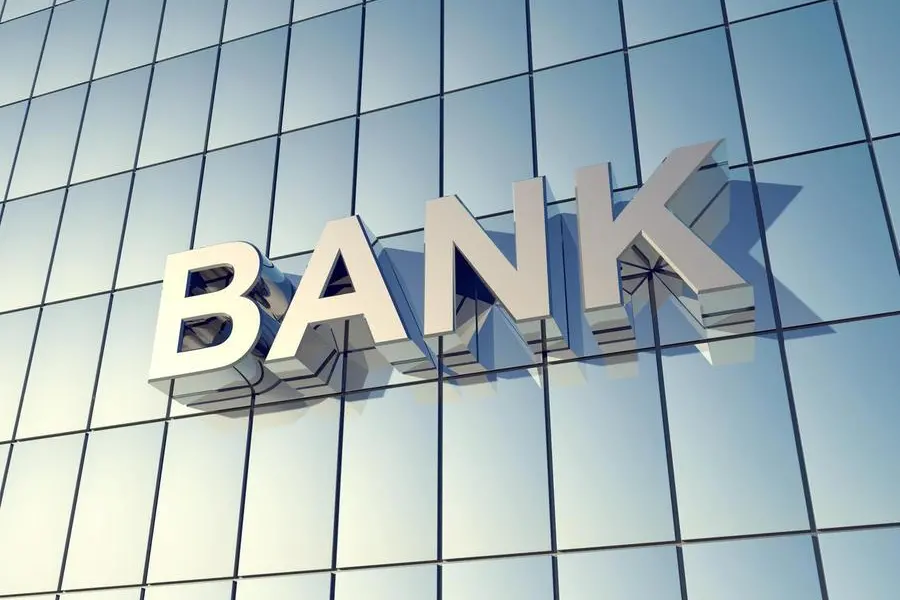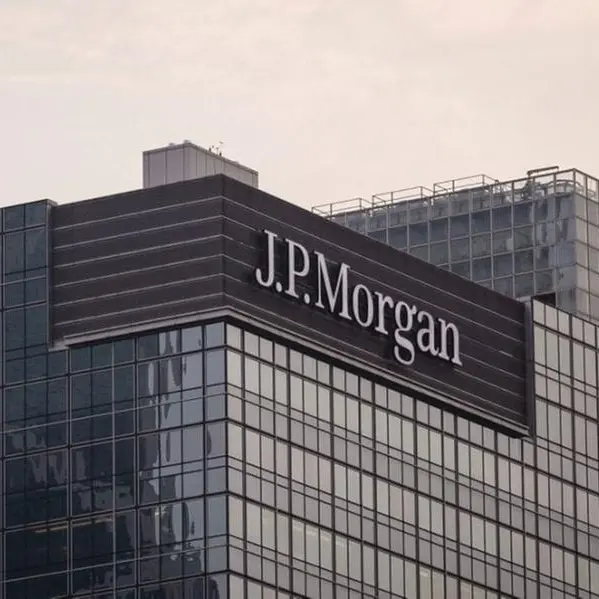PHOTO
Fitch Ratings-London: US tariffs are likely to only have small direct effects on GCC bank operating environments, but indirect effects due to lower oil prices and weaker global economic activity, which could lead to lower government spending, will be key, Fitch Ratings says.
GCC exports to the US are dominated by hydrocarbons, which are exempt from tariffs. Non-hydrocarbon exports, which face a 10% tariff, or 25% for aluminium and steel, are relatively low, which limits the direct impact of the tariffs on GCC economies and bank operating environments.
Lower oil prices and weaker global demand are the main risks for GCC bank operating environments. Government spending strongly affects bank operating conditions in most GCC countries, and a further drop in oil prices could weaken Fitch’s lending growth forecasts from those in its Middle East Banks Outlook 2025, published in December 2024, which were, in most cases, close to 2024 levels.
Fitch reduced its forecast for global GDP growth in March 2025 to 2.3% in 2025 and 2.2% in 2026, and risks are tilted towards a sharper slowdown. This could put pressure on global commodity prices, particularly for hydrocarbons, which account for most government revenues in the GCC and traditionally underpin economic activity and the banking sectors, through government spending. We believe market balance and oil prices will chiefly be determined by global economic performance and OPEC+’s supply management. OPEC+ had large spare capacity of over 6 million barrels per day (MMbpd) in January and indicated plans to start unwinding its production cuts from April.
Fitch’s pre-tariffs base case was that non-oil GDP for the GCC in aggregate would increase by over 3.5% in both 2025 and 2026. However, lower oil prices and budget revenues could lead to a marked reduction in non-oil economic activity and government spending, which would weaken GCC banks’ lending growth prospects.
Credit conditions for GCC banks could also deteriorate if corporates operating in affected sectors experience weaker profitability and cash flow due to higher operating costs and inflation resulting from the tariffs. Corporates could also face higher debt costs due to uncertainty surrounding interest rates and potential delays in rate cuts. Pressure on corporates could dampen overall credit demand and ultimately lead to higher credit risk for banks and an increase in problem loans.
However, GCC banks are generally well placed to absorb a deterioration in the operating environment. Many banks have strengthened their capital buffers in recent years, helped by solid earnings on higher oil prices and interest rates, good liquidity, strong economic activity and favourable credit conditions.
The GCC bank operating environment score most at risk of a downward revision is that in Bahrain, where the score is ‘b+’/negative. It is capped by Bahrain’s sovereign rating (B+/Negative), which is the most vulnerable GCC sovereign rating to an oil price drop due to the country’s weak public finances, high debt burden and the highest break-even oil price among GCC countries.
Bank operating environment scores in other GCC countries have stable outlooks except in Oman, where the outlook is positive. These sovereigns have more robust credit profiles and higher ratings (Saudi Arabia: A+/Stable; UAE: AA-/Stable; Qatar: AA/Stable; Kuwait: AA-/Stable; Oman: BB+/Positive), reflecting better financial flexibility and stronger reserves, and therefore better abilities to face shocks and maintain spending to stimulate economic activity. Their bank operating conditions are more favourable, particularly in the UAE and Saudi Arabia, which have the highest operating environment scores (both ‘bbb+’/stable) in the GCC (Qatar and Kuwait: ‘bbb’/stable; Oman: ‘bb+’/positive).
Media Contact:
Matt Pearson
Associate Director, Corporate Communications
Fitch Group, 30 North Colonnade, London, E14 5GN
E: matthew.pearson@thefitchgroup.com




















